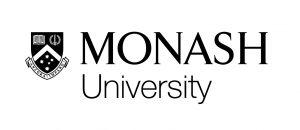Posted: 4 November
Melbourne scientists have discovered a way to treat seizures in newborns that will not only help protect their developing brain from further injury, but may also provide the first new, safe and effective treatment in decades. World-first research by a team at the Hudson Institute of Medical Research’s Ritchie Centre and Monash University’s Department of Paediatrics and Department of Obstetrics and Gynaecology has just published the results of their ground breaking study in the Annals of Neurology.
In this preclinical study, the team found an existing synthetic drug called ganaxolone – now used internationally to treat epilepsy in adults and young children – may also help improve seizure management in babies under four weeks of age. Seizures are more common in the neonatal period than at any other stage of life. Senior author Dr Tamara Yawno-Fegan says around 10 per cent of newborns with neurological disorders in Australia are diagnosed with seizures every year. She says this study provides clinicians with the hope of a potential alternative treatment. She said the study provided strong evidence that ganaxolone not only reduced seizure burden, but also protected the developing brain. The study was funded by an NHMRC grant and also a $255,000 grant from the Cerebral Palsy Alliance as seizures in neonates are strong predictors of long-term cognitive and developmental impairment like cerebral palsy.
The preclinical study found ganaxolone treatment resulted in a greater than 80 per cent reduction in the number of seizures compared to the untreated group and seizures were shorter.




